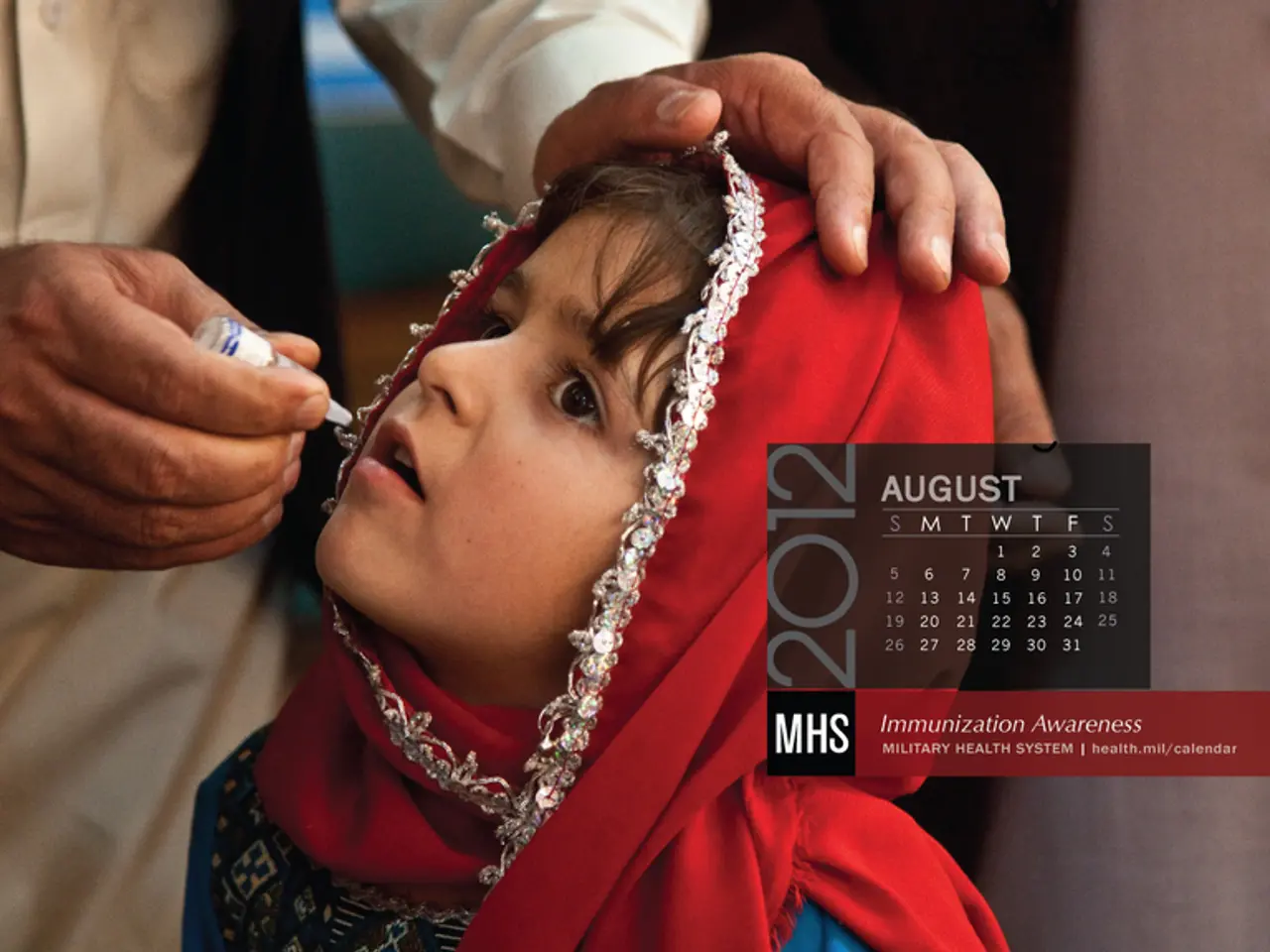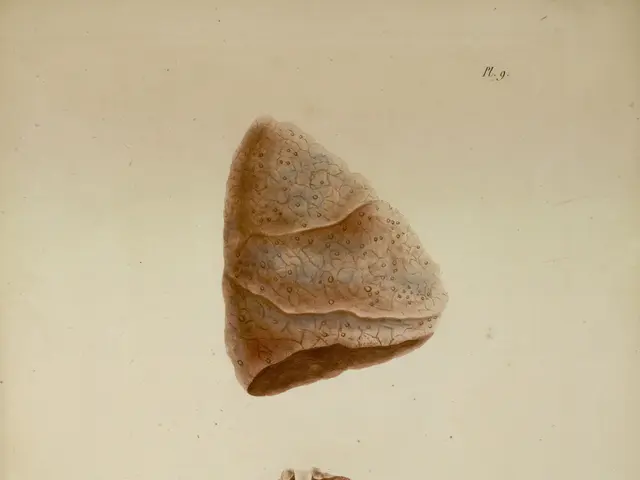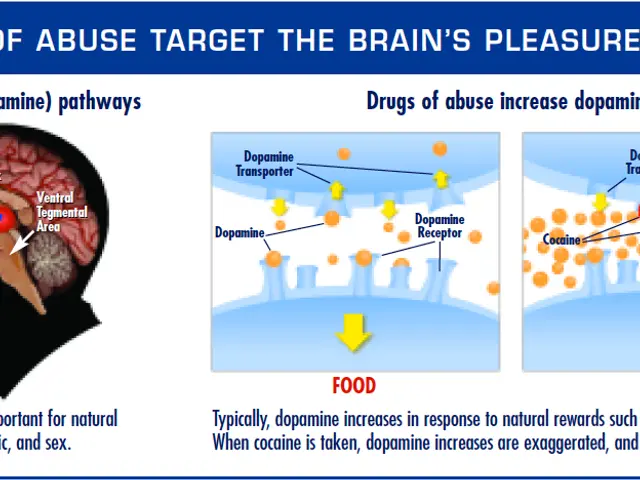Death in Potsdam: Meningococcal Disease Claims Student Life
In the city of Potsdam, a tragic incident has occurred as a seven-year-old student has passed away due to a meningococcal infection. According to the city hall, this was the last reported case of meningococcal infection in Potsdam, dating back to 2018.
Meningococci are bacteria that can lead to life-threatening meningitis or blood poisoning. The health department advises parents to be vigilant, particularly in the coming days, for children who could be contact persons. Symptoms to watch for include fever, severe headache, neck stiffness, skin rash, or a general feeling of severe illness.
The affected elementary school students, pedagogical staff, children from the sports group of the deceased child, and their living environment have been treated prophylactically with antibiotics. Further possible contact persons are currently being identified.
Brandenburg's Minister of Education, Steffen Freiberg (SPD), has ensured that school psychology will be on site to provide support and advice for the students of the affected school. Students will also be supported in coping with the situation.
Mayor Burkhard Exner (SPD) expressed his condolences and sympathy to the family. He also emphasised that there is no increased risk for the general population, according to the health department.
Meningococcal infections are relatively rare in Germany, with the nationwide annual incidence being less than four cases per 1 million inhabitants, according to the Robert Koch Institute. The Institute recommends vaccination of infants and young children against meningococci of different serotypes.
The deputy head of the Potsdam health department, Marco Solinski, has informed all identified relevant contact persons in writing about the situation and the necessary precautions. The sequence of antibiotic administration is based on the risk assessment of the affected persons, according to Solinski.
Detailed vaccination coverage data for meningococcal vaccines in the Potsdam-Mittelmark district is typically available through local health authorities or public health reports from the Robert Koch Institute.
In light of this unfortunate event, the Standing Vaccination Commission recommends that the disease is notifiable. Meningococci are transmitted through droplets, such as coughing or sneezing.
The health department continues to monitor the situation closely and encourages parents to consult a doctor immediately if any symptoms occur.
Read also:
- EU's ban on bean exports from Nigeria results in an annual loss of $363 million for the country, according to AAPN.
- Rapid action required: Scientists urgently working to freeze a severely endangered tree species to prevent its extinction
- New York City Council Proposes Legislation to Eliminate Fluoride from Public Water Supply
- Impact of Alcohol Consumption During Pregnancy: Consequences and Further Details








